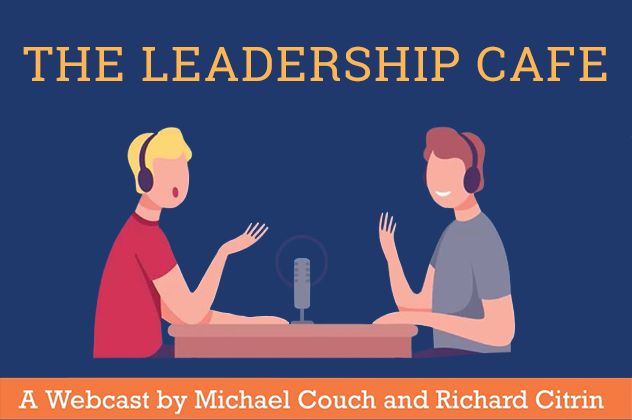Companies are engaged in an all-out battle to win the minds and hearts of their employees. They’ve bumped up perks such as hybrid work options, retention bonuses, better food offerings, and expanded mental health support with recognition towards honoring life balance.
Managers are doing their best to respond to this new workplace, and I’ve heard many of them tell me they’re concerned they lack the empathy needed in this post-pandemic workplace. They’re sensitive to employee needs and understand that Covid has changed the workplace but are unsure of what to do to meet these emotional expectations.
One effort trains leaders in emotional intelligence (EQ). EQ is the emotional or feeling equivalent of IQ and provides a vital equilibrium to the rationale part of our thinking. EQ includes features such as empathy (how well one seems to feel what others are feeling), awareness and detection (recognizing one’s own emotions along with what they mean), and expression and influence (how skilled one is in expressing appropriate feelings and using them to improve their interactions).
The challenge with a training approach is two-fold. The first is that it is difficult to “teach feelings” as the feelings must be experienced and not “thought of,” and the emphasis is for the manager to learn about feelings to help their employee.
However, we must experience feelings for them to be understood and integrated and a better approach is to get managers actively participating and understanding their own feelings. To that end, I ask managers to describe what they are grateful for from their employees. Gratitude is a powerful emotion (you may remember it from Thanksgiving). Inviting leaders to state their appreciation for their colleagues puts them directly in touch with that emotion.
One manager told me he has a woman on his team who is the ultimate subject matter expert and loves to do research and background work on crucial issues. She can be somewhat brusque in her presentation style, but when I asked him which side wins out, he told me that, hands down, her expertise is a lifesaver. He sent a note the next day thanking her and offering to help improve her presentation style.
Resilience is about bouncing forward and learning from our experiences. We can thrive in this new workplace by recognizing that these changes are gifts right before our eyes.
© Richard Citrin 2022
